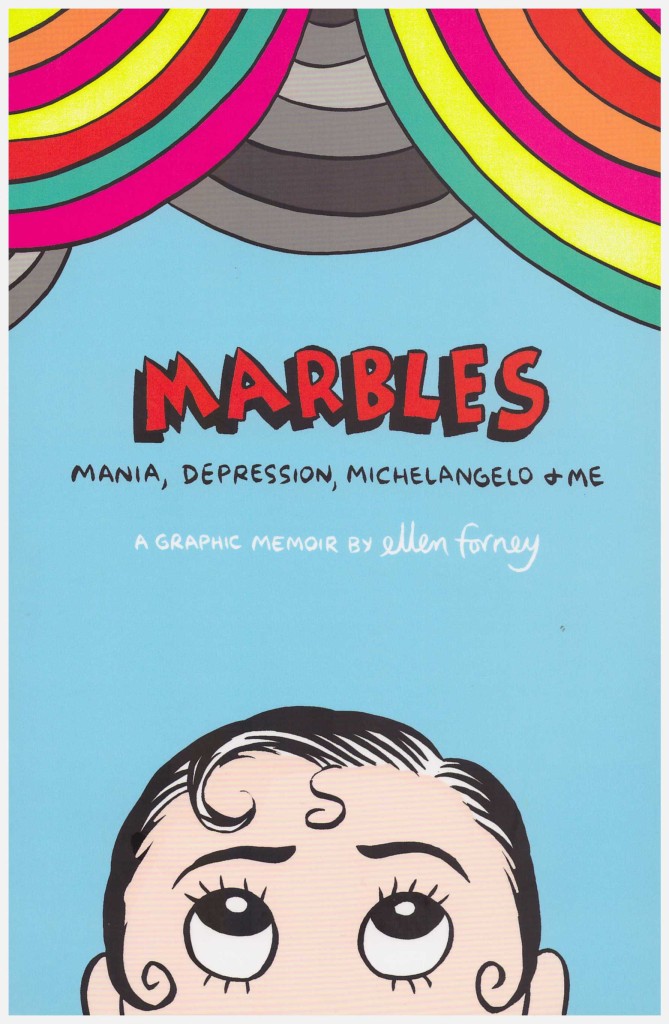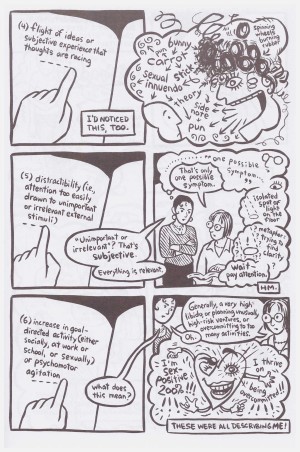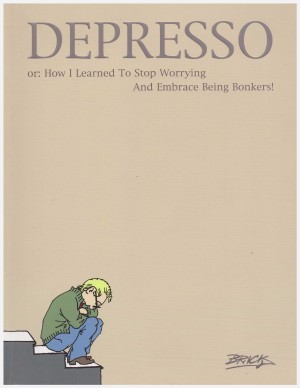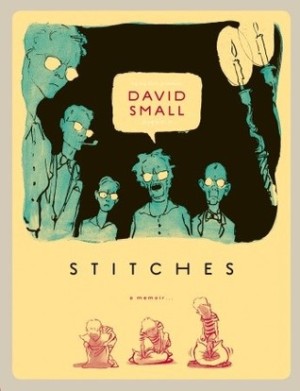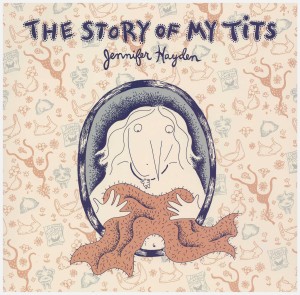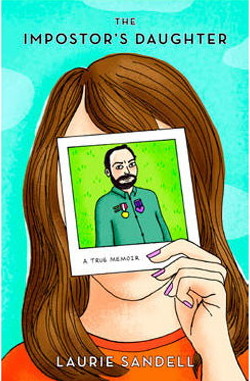Review by Ian Keogh
A 21st century book publishing phenomenon has been the popularity of the ‘misery memoir’, predominantly, although not exclusively, written by women, with Angela’s Ashes (by a man) the most notable example. The derisive category description belittles traumatic personal circumstances, past or present, yet the books share sometimes shocking, sometimes stomach-turning confessional experiences. Marbles falls squarely within the genre, yet holds an importance for a frank discussion of illness so little understood.
Ellen Forney immediately adopts an intimate tone as her diagnosis of having bipolar disorder occurs early. This comes as a considerable surprise, yet it’s consistent with almost all the signposts listed in the clinical diagnosis books, and has been common to a troubled family history on her mother’s side. Forney accepts the diagnosis and even ascribes a romantic sheen by association with numerous creative sufferers from the past, while glossing over how many had committed or attempted suicide.
There’s a deliberately staged progression to the art. The early pages have a vibrant intensity, as if Forney is sharing her notebook, and a confessional compulsion, but once the stage of lithium prescription has been reached it largely reverts to a more conventional panel structure. On the basis of its personality-suppressing characteristics Forney’s extremely reluctant to start taking lithium, but eventually recognises morbid circumstances and consents. The section of the book dealing with prolonged depression is spliced with the therapeutic illustrations produced during that period, which, for those concerned, was almost a decade before the publication of Marbles.
A theme of sacrificing creativity to stabilise mental health recurs throughout, with Van Gogh identified as an example of wild and still stunning inspiration coming at the cost of cognitive impairment. An empowering discovery was that revealing a bipolar nature to others was generally met with understanding and sympathy, not with isolation and snubbing, and the final portion sees Forney accepting her condition and limitations, and prioritising accordingly. It supplies a valuably redemptive and uplifting example for anyone with similar problems.
Where Marbles falls short is with regard to discursive confessional elements. It’s difficult to see the relevance of an extended early section detailing a photo shoot to supply artistic reference for a planned erotic comic and life subsequently imitating art. It comes across as boastful while simultaneously providing a tits out for the lads moment. That’s the most protracted example, and these diversions diminish as Forney continues, while still occasionally intruding.
As a self-help manual Marbles is inspirational. It offers no easy solutions, with Forney taking several years to balance, often requiring the inner fortitude not to succumb to despair, but displays that a bipolar condition can be controlled in time and with some adjustments life can continue almost as normal.
